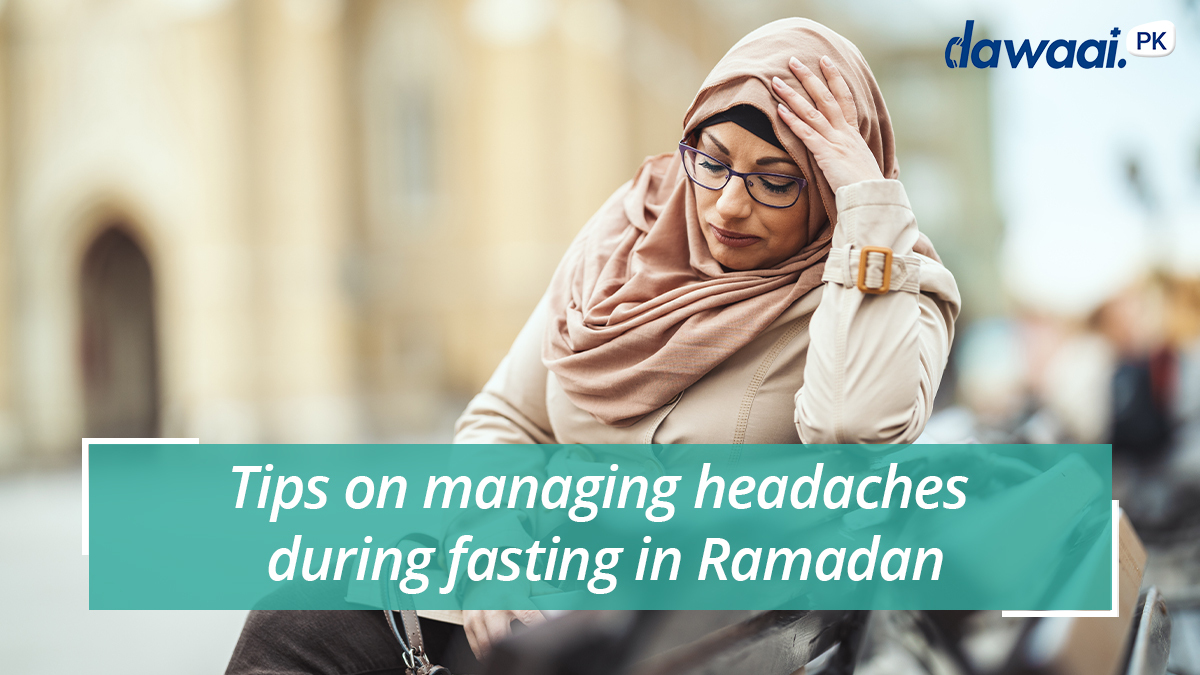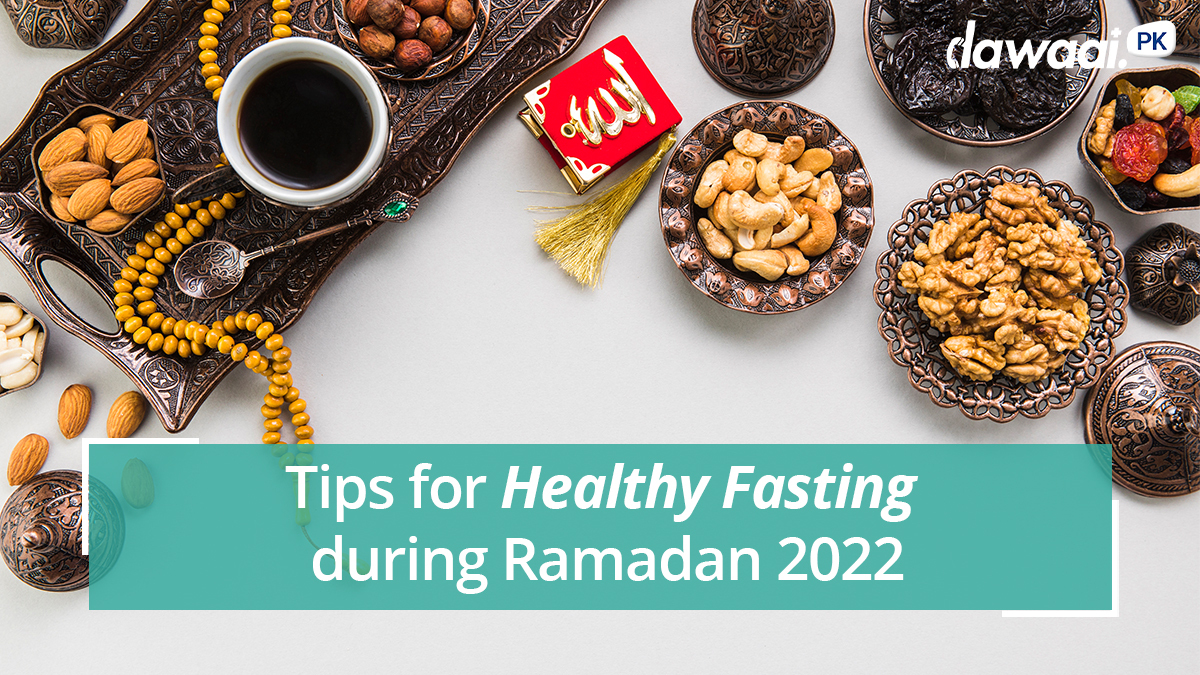Whoever saves one life, saves the world entire. Everyone is born with the ability to create a difference in this world. When we talk about creating a difference in someone’s life or making an impact, we often think of things like giving monetary donations and giving away our belongings to the needy person. However, an effort as small as donating blood is also very crucial and can save someone’s life. The World Blood Donor Day celebrated on the 14thof June is a day that encourages people to donate blood and save many lives.
Give back to your community
Blood literally carries life through our veins; without it, any part of the body would shut down in seconds. This is the reason why people with blood diseases (thalassemia, sickle cell anemia, blood cancers, etc.) rely so much on donor support. Similarly, emergency cases in surgery, trauma and pregnancy/childbirth with excessive blood loss are also managed by proper medical care which may include the need for blood transfusions.
What can you do to help? You can give blood and help the sufferer. The best way of giving people in need of blood a chance to remain healthy and live longer is to make blood donations. This can come from any healthy individual, preferably voluntary unpaid blood donors.
Let’s donate it for free
Safe blood is a rare commodity especially in developing countries and blood is something that cannot be manufactured artificially. Screened and safe blood should be made accessible to every person, poor or rich. If you have the gift of health, you must share it with others and what’s better than giving it for free? After all, gifts are meant to be free.
Improve your health by blood donation
There’s a misconception about blood donation being a health risk. On the contrary, it helps in improving health issues like metabolic syndrome – a collection of symptoms that are linked to heart disease, diabetes, and stroke.
Donating blood also significantly improves blood pressure levels and also reduces the markers of cardiovascular diseases.
Prepare yourself before you donate
Before you do this act of kindness, you must ensure the following things:
- You should have no health issues or active infections. Register yourself for a screen test.
- You should not be a drug-addict (user of cocaine, meth, etc.)
- Your diet should be well-balanced and you should get a healthy amount of iron in your diet (take seafood, meat, spinach, and sweet potatoes, fruits).
- Drink plenty of water before going for the blood donation and wear easy-to-roll-up sleeves.
- Keep a list of all medicines you take (prescription or over-the-counter), your ID and your blood group card if you have one.
What to expect?
The actual time of blood donation is about 8-10 minutes, while the total time of the whole process of going and getting registered, examined and donating blood will take an hour at the most.
- To check if it’s safe for you to donate blood, your vitals (pulse rate, blood pressure, blood iron levels, and temperature) are checked.
- A phlebotomist (a person who draws blood) will clean your arm and insert a needle in your vein that is going to feel like a quick pinch. You’ll donate a pint (unit) of blood and then raise your arm and apply pressure on the needle spot to help the blood clot. An adhesive tape is placed on the spot to prevent blood from oozing.
- Afterward, you will be given a snack and drink to help you retain the fluid levels. Sit and relax for a few minutes before you leave.
See? It’s quick and simple, yet so noble.
Being a human, we must feel for other humans and use our wealth and health to bring happiness in a person’s life. Don’t live life for your own good, but make it worthwhile by helping others around and contributing in every possible way to create a difference.
Guest Post Credit: Dr. Kanwal Ansari (BDS, RDS)




